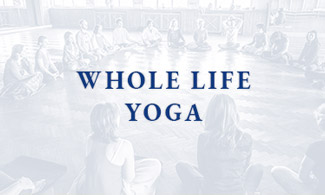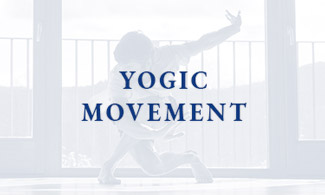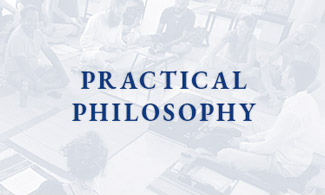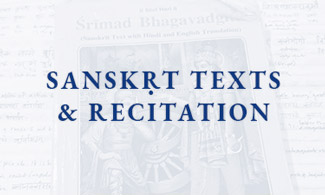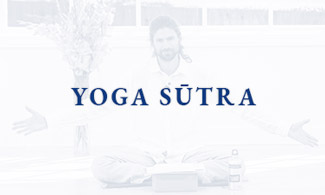
General Election – May 2015
In May 2015, in the UK where I am a citizen, there was a ‘general election’, when the populace may vote for the national government. In the weeks leading up to the vote, the subject of the pending election dominated the mainstream media. The traditional ‘main parties’ and their very narrow perspectives dominate the debate. The protest parties and the so-called ‘minor parties’ also join the debate but are less dominant.
But in all this hullaballo, is the voice of the people really represented?
Many contend that it is not.
At election time, are we really ‘choosing’ or ‘electing’ anything more than a maintenance of the unsatisfactory and widely failing status quo? What type of ‘representative system’ is it when a leader of a party voted for by only a small minority of the population gets to form a ‘majority’ government and then ‘represent’ the country? At this last election in the UK, the government were voted for by less than a quarter of the electorate. The Conservative party received 36.9% of votes with turnout only 66.1% – the low turnout strongly suggesting many felt no party represented their views or that their vote for a non-major party would count for nothing. So despite the fact that 63% of those who did vote chose to vote for another party, and despite the fact that more than a third of the electorate chose not to vote, bafflingly, almost unbelievably, the Conservative party gets to form a ‘majority government’.
Clearly, this is not good enough, and I think we can do a lot better, but considering it, is this type of situation not also paralleled in what sometimes happens in our own internal realms: in the ‘country’ of our inner being?
When we make what we think of as choices, are we really choosing what we deeply want? Do our decisions represent the unified voice of our whole collective self? Or are our decisions dominated by the ‘main parties’ of, for instance, our social and family conditioning? Or of our fear-founded strategic mind and our short-term, self-serving interests? And all while our deeper longing and long-term interests go unheeded.
This type of situation is not only unrepresentative, it is almost tragicomically inefficient.
At the societal level, many times the ‘democratic’ system is characterised by the main parties squandering vast amounts of money, resources and energy in trying to get elected and put down the other, its opponent. Further, when a party is elected, it knows it has just five years ‘on the throne’, and so to a significant degree, its strategies are fear-based, determined by short-termism and anxiety about being re-elected/holding on to power.
The inefficiencies of this woebegone system are further compounded by the way that when there is a change of government and policy changes are brought in, there is often quite a significant amount of ‘throwing the baby out with the bathwater’, in the sense that in trying to demonstrate its difference from and superiority over the previous main party, the new party of government sometimes nips in the bud the more positive fruits of policy that the previous government began.
Again though, is this not seen within our own selves? When stuck in a rut, how much energy can we waste blaming ourselves and others? How much do we deplete the energetic resources that could help us move into a new space of more mature harmony by scattering away energy complaining and criticizing? We may expend our resources thoroughly analysing how the old ways haven’t really served us, yet simultaneously deepen our entrenchment in the old ways of black and white thinking, so restricting ourselves to previously known ways of being: ways that we already know are not broad, robust or inclusive enough to really serve us.
The ‘system’ has clearly failed. In the UK, and the situation is similar in many other ‘democratic’ countries, the ‘main parties’, those who, under the current system are the only ones with a chance of forming a government, occupy a lot of very similar and very narrow ground. They do not offer much real choice to the electorate, just mild tweaks to the existing status quo. Many members of the electorate are frustrated that though millions of their fellows also voted for the same ‘minor parties’ as they did, their vote has next to no representation in the parliament. Many others feel that none of the parties ‘on offer’ are good enough: that they are all as bad/corrupt/deceitful as each other.
Many are calling for a change to the electoral system. I hope that positive, more inclusive change will come, change that allows the government to actually represent the long-term interests of the land and people it is supposed to safeguard and represent. I would favour a system of collaborative, consensual government with a house of representatives structured to represent both local concerns from different parts of the country, and the different views of the national population: a genuine proportional representation. Of course, such a system would mean that some things take a lot longer to get done, but it would also usher us away from the tragically adversarial, us and them, points-scoring parliament and towards real opportunities for the a more representative governing body to start serving the long-term interests of the whole population more efficiently.
This may sound like a faraway fantasy, but we can start powerfully with ourselves and consider how we make choices in our immediate lives.
We may notice that in challenging situations or when making decisions, our conditioning often blinkers us to ridiculously narrow appraisal of the situation: weighing up ‘both sides’ of the issue, as if an issue has just two sides! When there are always hundreds of ways to see a question. This closed-mind masquerading as ‘open’ because it has considered an alternative, and perhaps when we look more closely, only as a means to strengthen through refutation of a counter-position its pre-existing stance, is ridiculously limited.
Yoga teaches us that if we are to access and deepen harmony, we have to have the courage and resolve to take down the walls of our mind’s conditioning, not just open a little door so we can admit and then gnash to pieces a conventional counter argument. We have to learn a new language: one that is more inclusive than yes and no, us and them, right and left.
One way yoga could be described is as the place of the true centre, that connects all the parts, that leaves nothing out. This is why there is no denial and no exclusivity in yoga. If we want to feel oneness, the only way to sustainable wellbeing, we have to face, accept and work with all of our parts.
When we start to do this, it does start to change the collective. The external system may be rubbish, but from the yogic point of view, that is no reason not to do our own work, it’s just greater motivation to channel our energy where we really can make a difference: close in, nearby, in the reality of our own perceptions and behavioural patterns.
And so, when making choices, when electing what to do with the forces of our being, we may take inspiration from Lao Tzu, Taoist master, and as such one who has transcended all systems:
‘If you want to heal the world, then heal yourself. If you want peace in the world, then bring light [awareness] to all that is dark and negative in yourself. Truly the greatest gift you have to give is that of your own self-transformation.’
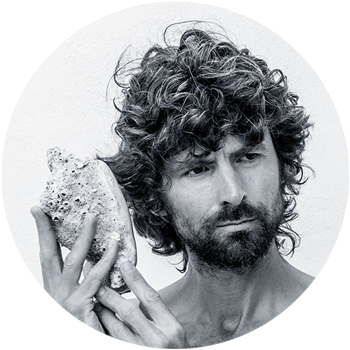
James Boag | Whole Life Yoga
The yoga of the whole human being. Practical philosophy, storytelling, movement, inquiry, looking in ways that reach beyond our habitual ways of looking.
Listen to James’ unique whole life yoga perspectives on the WHOLE LIFE YOGA podcast.

